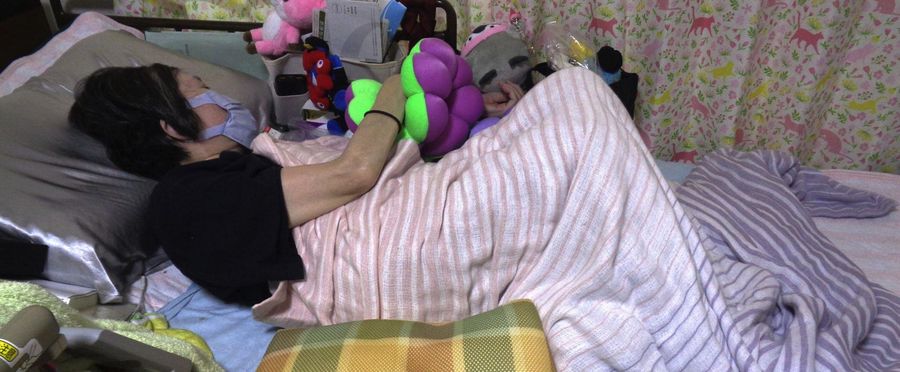The featured story takes a deep dive into the case of a Japanese woman, incapacitated by pain, who was denied disability pension. Despite her severe physical impediment, her application was declined due to a ruling that her disability wasn't sufficient. This decision has sent ripple effects throughout Japan and triggered a debate on the country's disability evaluation methods and welfare system.
In Japan, social welfare issues, particularly those related to the elderly and disabled, are very crucial and often make headlines. The societal norms place great emphasis on care and protection for these vulnerable groups. Being a nation with a rapidly aging population, the ruling against the woman has stirred significant concern among citizens about the fairness and adequacy of Japan's disability pension system.
In contrast to Japan, the US and EU have more inclusive definitions for disability to qualify for state aid, such as emotional, mental, and pain-related disability eligibility benchmarks. While these systems also face criticism, they generally place a higher emphasis on inclusive social security measures and make concerted efforts toward welfare improvements.

